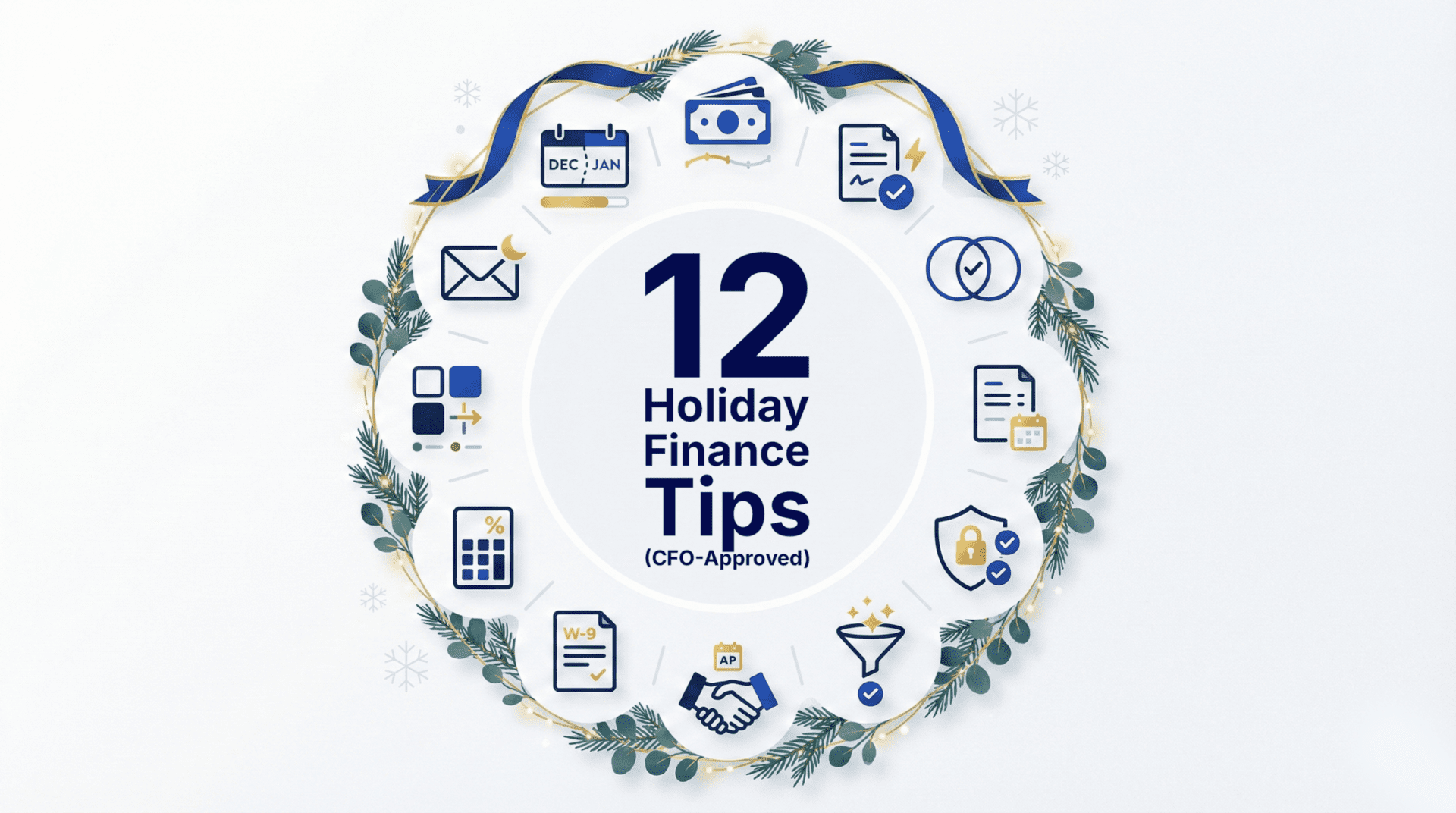
One frequently asked question from new CleverProfits clients is whether they can set up their business in a different state like Wyoming or Florida to avoid paying state taxes in high tax jurisdictions like California or New York.
The answer is typically NO about 99.9% of the time.
Contrary to what you may have heard from your friend’s accountant, who claimed they could do it, we would not advise it. There is no real tax advantage to setting up your business in a zero income tax jurisdiction.
This article explains how state tax rules typically work when you live and operate your business in one state and why you can’t get out-of-state income taxes that easily.
How taxes work for business owners
Before I explain why you can’t do it, it’s essential to understand how taxes work for business owners first. If you own an S-corporation, we highly recommend reading up on the mechanics of S-corporations, too, so you have a baseline understanding.
Residency filing rules
Every taxpayer must file a state income tax return wherever they are a resident. Residency is a nuanced concept, but quite simply, it is where you call home. There are a lot of facts and circumstances that weigh into determining residency. For most business owners that aren’t nomads, it’s wherever they live and do business.
For example, hypothetically, you live in California and operate your business in California.
If you file a resident tax return in California, you must include income from all sources worldwide on that tax return. It doesn’t matter if that income was generated by a Wyoming S-corp or Delaware partnership. At the end of the day, everything rolls into your personal income tax return, and you need to pay state taxes on the total amount.
Can’t I use my aunt’s address and say I’m a resident of Florida?
Sure, you could do that, but that would be tax fraud.
California has its ways of auditing you to determine if you genuinely are a resident or not. The Franchise Tax Board has been particularly aggressive in sending out notices to people who changed their address and stopped filing tax returns in the state. The burden of proof is on you to demonstrate that you have actually left the state and do not live there.
Can I just leave California?
Yes, but you’ll have to make sure to start working towards an exit that the Franchise Tax Board will be happy with. This means:
- selling your properties in California
- getting a new primary residence in your destination state
- getting a driver’s license in your new state
- dissolving your California LLCs and setting up new ones in your state
It’s a lot of work, but it’s undoubtedly possible, especially if you are tired of paying the egregiously high taxes here.
Why do people register an LLC in Wyoming?
We only recommend Wyoming LLCs for digital nomads on the move and don’t really have one place to call home. Wyoming is nice because it has these nice privacy rules, and they don’t require one to file a separate state income tax return. They just expect you to pay their annual filing fee and move on. Great!
However, if you still operate your business from California, be careful. They will not be pleased that your Wyoming entity is doing business in California without registering to do business in their state. You are required to register your Wyoming LLC as a foreign entity in California so that you can legally do business here.
This registration will notify California that this business should file a California tax return, and whoever owns this business should also file a California tax return. Once you register your company in California, you’ll also need to pay the $800 minimum franchise tax (or the 1.5% S-corp income tax.) Brutal.
This all sounds so confusing…
Yup, the tax rules are very confusing. But they don’t have to be if you’re working with a great tax advisor. CleverProfits helps its CFO clients easily navigate the state tax rules. Schedule a consultation with an advisor today!
The Clever Writing Team
The CleverProfits writing team includes various team members in Advisory, Financial Strategy, Tax, and Leadership. Our goal is to provide relevant and easy-to-understand financial content to help founders and business leaders reach their true potential.






